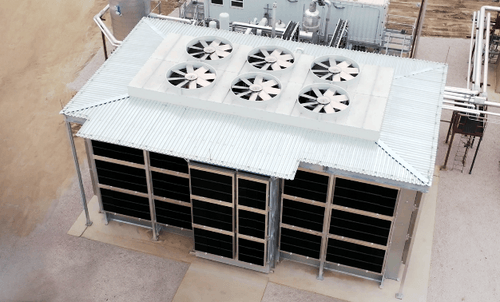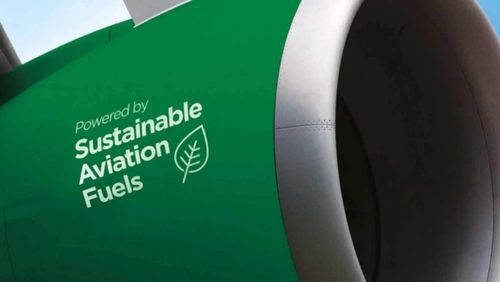Trafigura has signed a contract for four Medium Gas Carriers that will be capable of using low-carbon ammonia as a propulsion fuel when delivered, according to a news release.
The vessels will be built at HD Hyundai Mipo Dockyard in Ulsan, South Korea; they will carry LPG or ammonia and the first ship will be delivered in 2027.
Each vessel, when delivered, will be equipped with a dual-fuel low-carbon ammonia engine.
Trafigura is one of the world’s largest charterers of vessels, responsible for more than 5,000 voyages a year with around 400 ships currently under management.
The company is one of the few operators to have tested a full range of alternative shipping fuels including LNG, methanol, LPG and biofuels on its owned and chartered vessels. It has co-sponsored the development of a two-stroke engine by MAN Energy Solutions that can run on green ammonia and is also investing in on-board carbon emission capture technology.






